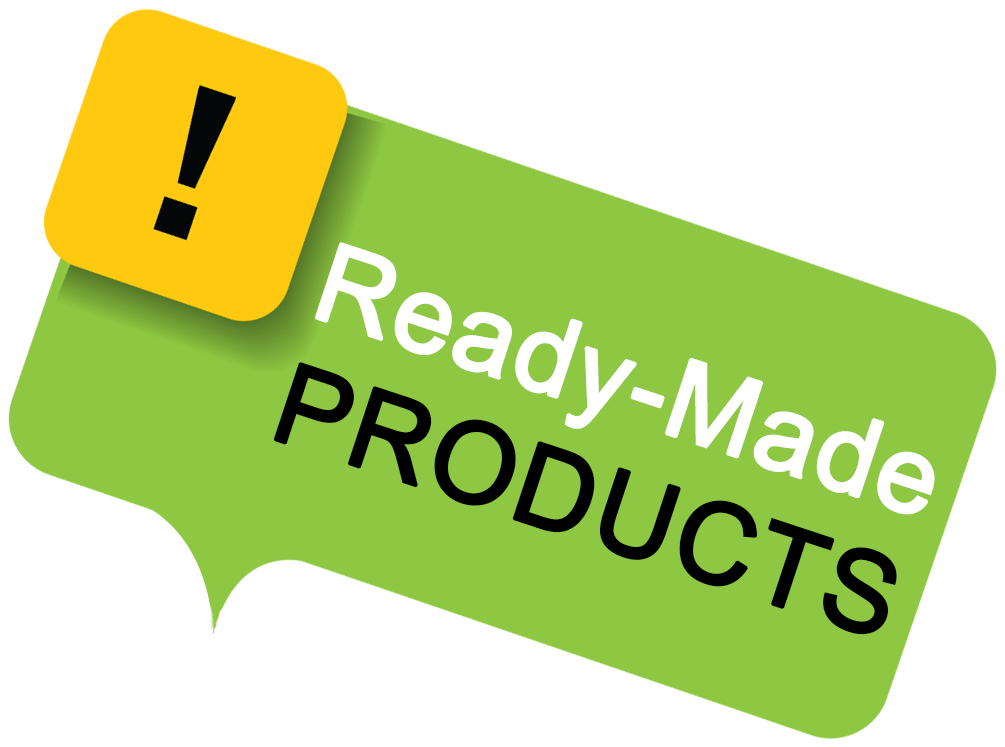Blog
How to Start Your Own Forex Brokerage Business
Nov 27, 2024
The Forex market is one of the largest and most active financial markets in the world. Starting your own Forex brokerage can be a lucrative and ambitious project, but it requires a serious approach, financial investment, and strict regulatory compliance. Here’s a comprehensive guide to help you successfully launch your brokerage business.
1. Develop a Clear Business Plan
The first step in launching any business is creating a strategic business plan. For a Forex brokerage, your plan should include:
- A description of your target audience and their needs
- Analysis of competitors and market trends
- A detailed list of services you will offer
- Financial projections, including revenue and expense forecasts
A well-thought-out business plan will help you clearly understand your goals and attract potential investors or partners.
2. Choose the Right Jurisdiction
Registering your company in the right jurisdiction is a critical aspect of starting a brokerage. Your choice depends on your goals, budget, and client requirements. Popular jurisdictions include:
- Cyprus: Attractive tax conditions and robust regulatory oversight
- Seychelles: Simpler and more affordable setup, though less prestigious
- United Kingdom: One of the most reputable but highly regulated environments
Consider factors such as minimum capital requirements, tax benefits, and the regulator’s reputation before making a decision.
3. Obtain a Forex License
To operate legally, you will need a license. The licensing process varies by jurisdiction but typically involves:
- Preparing comprehensive company documentation
- Proving financial stability (e.g., minimum capital thresholds)
- Undergoing audits to meet regulatory standards
A license not only ensures the legality of your operations but also builds trust with clients.
4. Set Up a Trading Platform
Technological infrastructure is the backbone of any Forex brokerage. You will need:
- Trading platform: MetaTrader 4 and MetaTrader 5 are industry-leading solutions
- CRM system: To manage client data and interactions
- Liquidity provider: To offer competitive spreads and fast execution
Invest in stable and secure solutions to provide clients with a seamless trading experience.
5. Configure Payment Systems
Clients expect convenient and secure ways to deposit and withdraw funds. To meet these expectations, you’ll need:
- A corporate bank account for transaction processing
- Payment gateways to support various payment methods
Partner with banks that have experience in the Forex industry for reliable operations.
6. Prepare Legal Documentation
Legal compliance is key to a successful Forex brokerage. You’ll need clear and transparent documentation for client interactions, including:
- User agreements
- KYC and AML policies
- Complaint handling procedures
These documents will protect both your business and your clients while meeting regulatory requirements.
7. Hire the Right Team
A successful Forex brokerage requires a professional team that includes:
- Client relationship managers
- Financial analysts
- Marketing specialists
Additionally, compliance officers will be essential to ensure adherence to regulatory standards.
8. Build a Marketing Strategy
Effective marketing is critical for attracting clients. Focus on the following areas:
- SEO and content marketing: Ensure your website ranks high in search engine results
- Social media advertising: Use platforms like Facebook and Instagram to reach your audience
- Affiliate programs: Partner with influencers to promote your services
Highlight your competitive advantages, such as tight spreads or superior customer support.
9. Maintain Regulatory Compliance
Regulatory compliance is not a one-time task; it requires ongoing attention. Ensure your brokerage:
Conducts KYC and AML checks for all clients
Meets reporting requirements
Undergoes regular internal and external audits
Failure to comply with regulations can lead to fines or even license revocation.
10. Test Your Platform Before Launch
Before going live, conduct thorough testing of all systems, including the trading platform, payment gateways, and CRM. This helps identify and resolve any technical issues that could impact the client experience.
11. Launch and Monitor Performance
Once launched, regularly analyze key metrics such as client acquisition rates, trading volumes, and profitability. Use the insights to refine your marketing efforts and enhance customer service.
12. Continuously Improve Your Business
The Forex market is highly competitive, so continuous development is essential. Invest in new technologies, expand your offerings, and stay updated on regulatory changes to remain relevant.
Conclusion
Starting your own Forex brokerage is a complex process that requires significant effort and resources. However, with a clear plan, a strong team, and strict regulatory compliance, you can create a successful business in this rapidly growing market.
When registering a forex broker company, many different nuances arise, which professional lawyers of the Offshorelicense company will help you solve. Contact us for a consultation.


